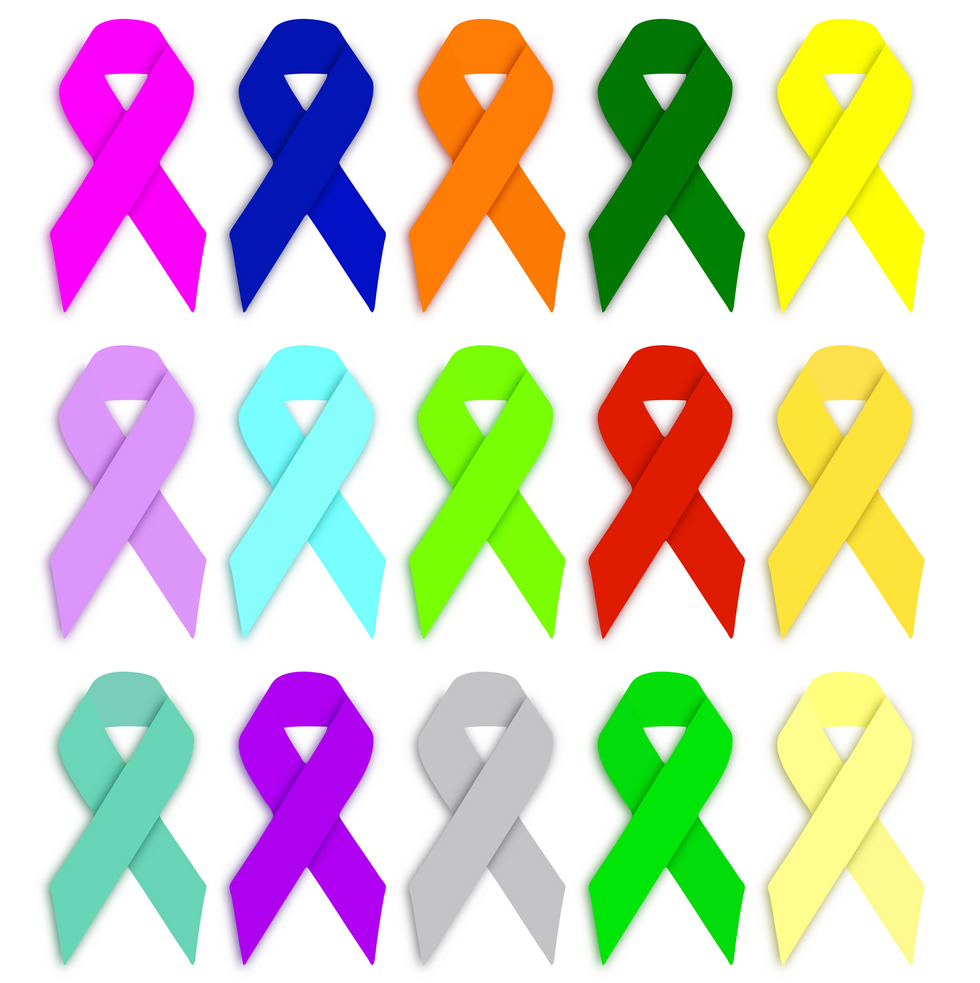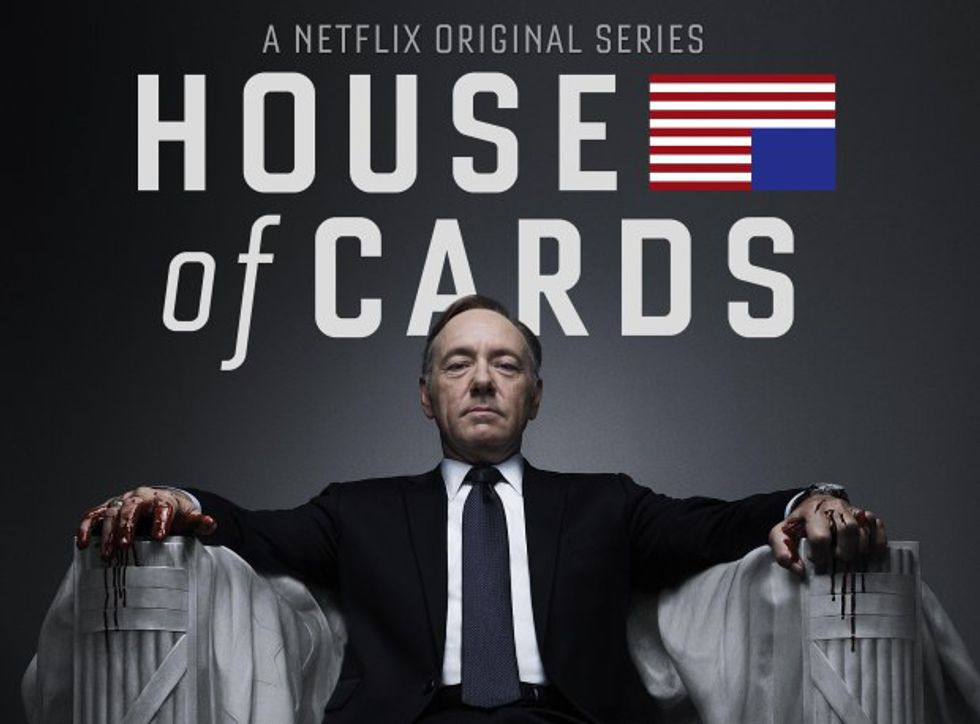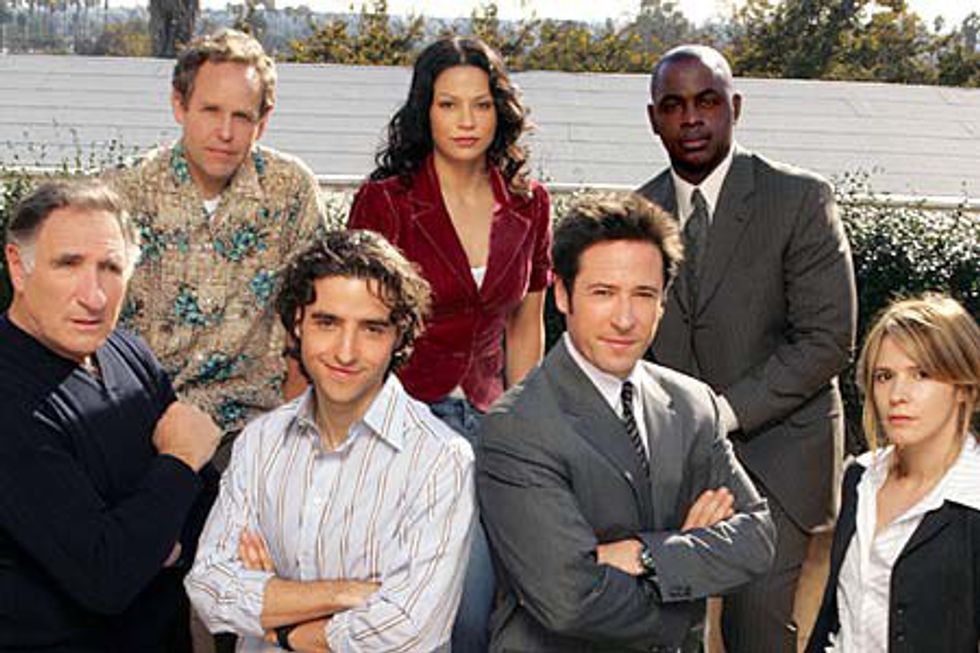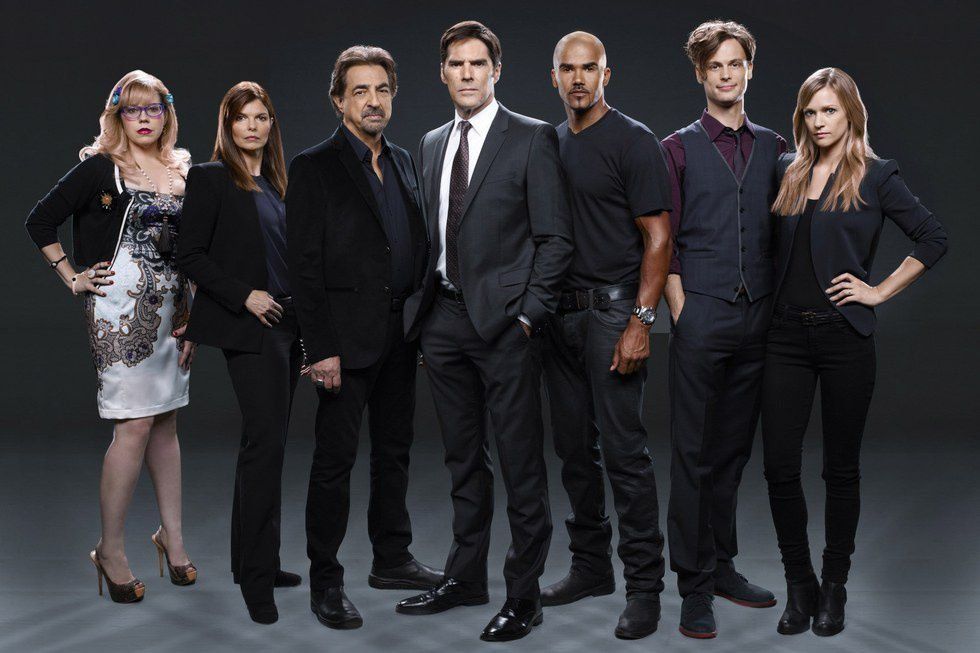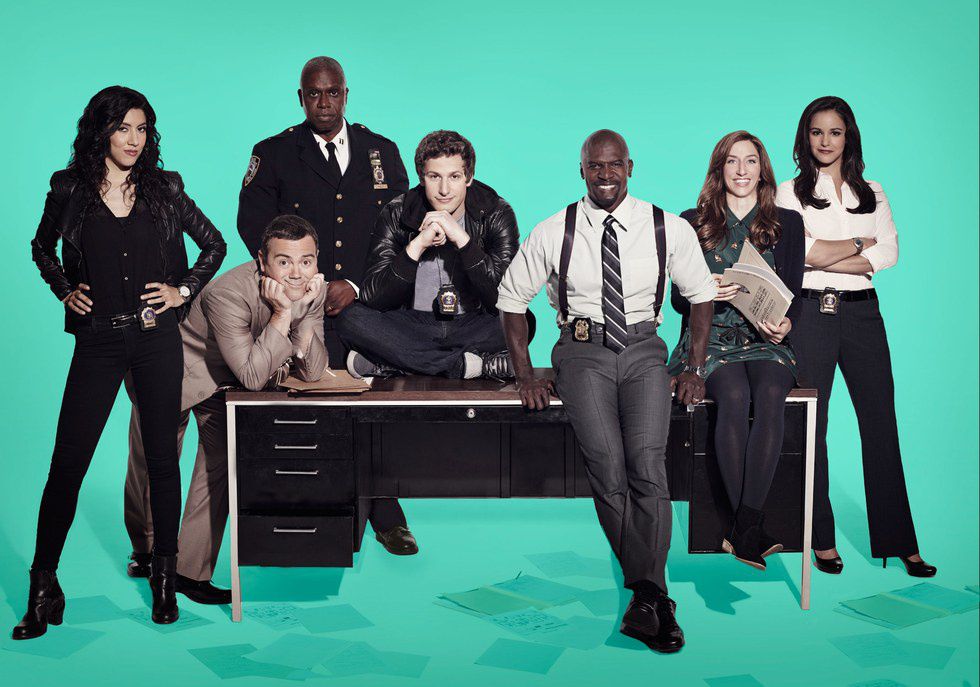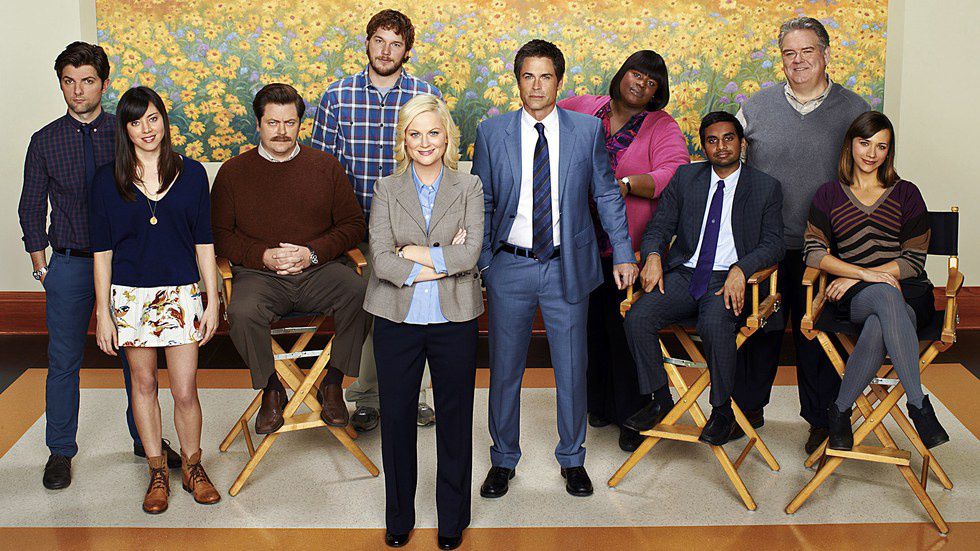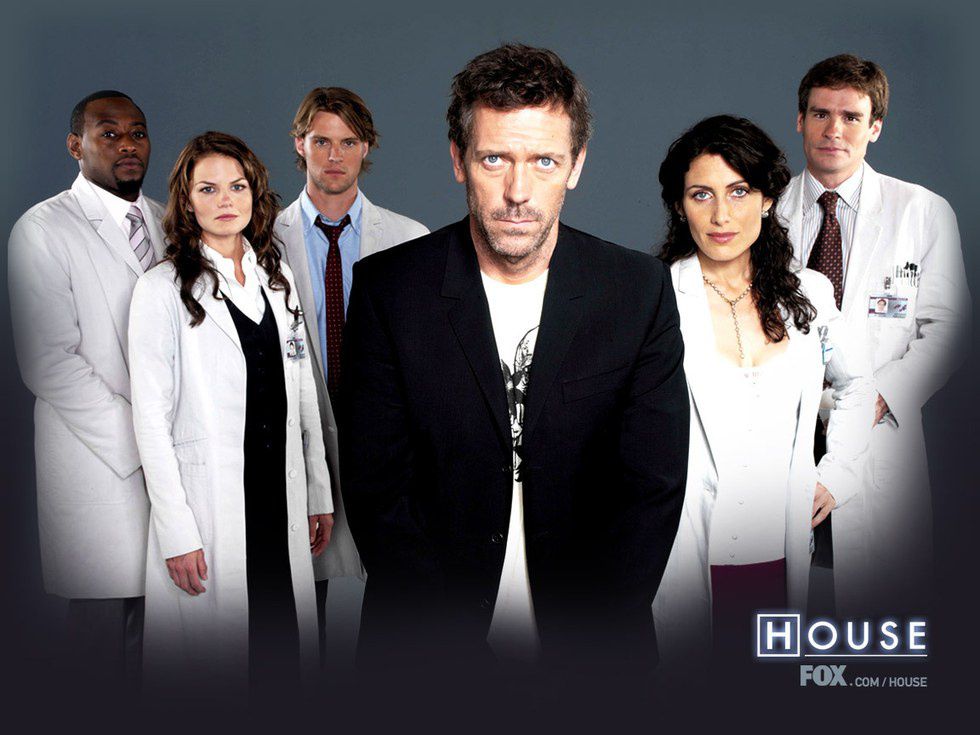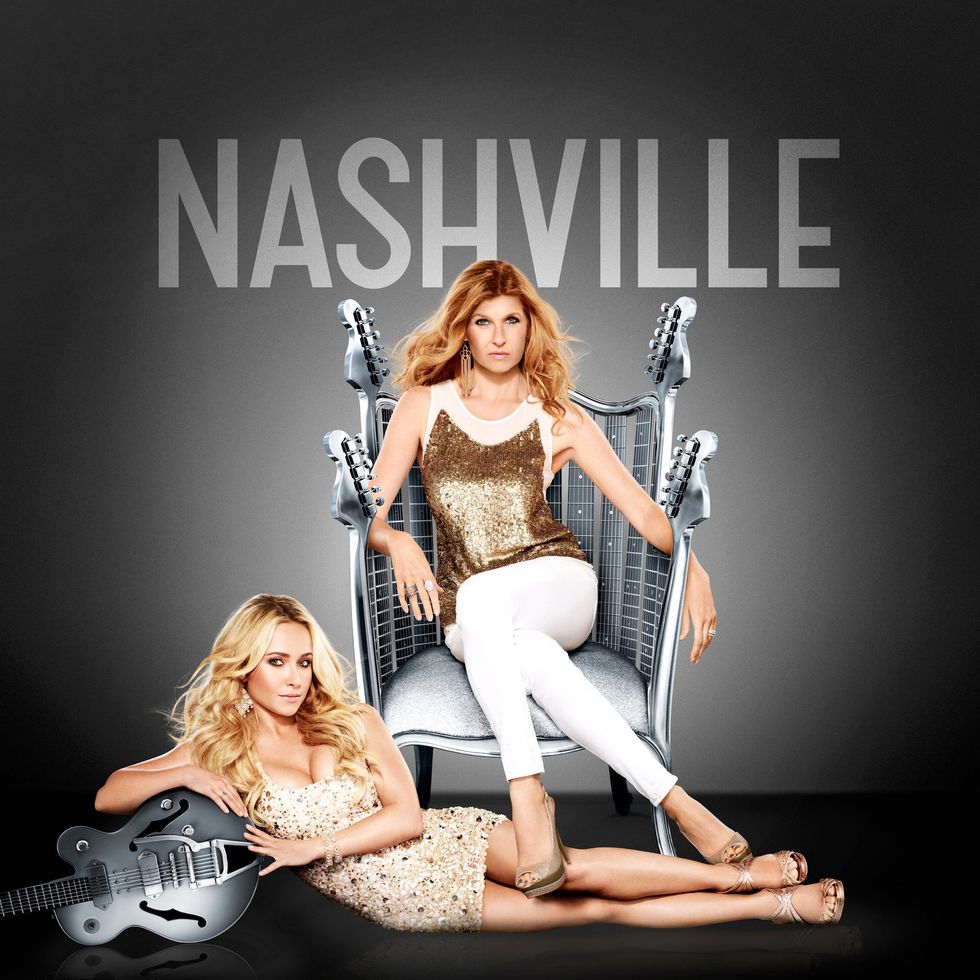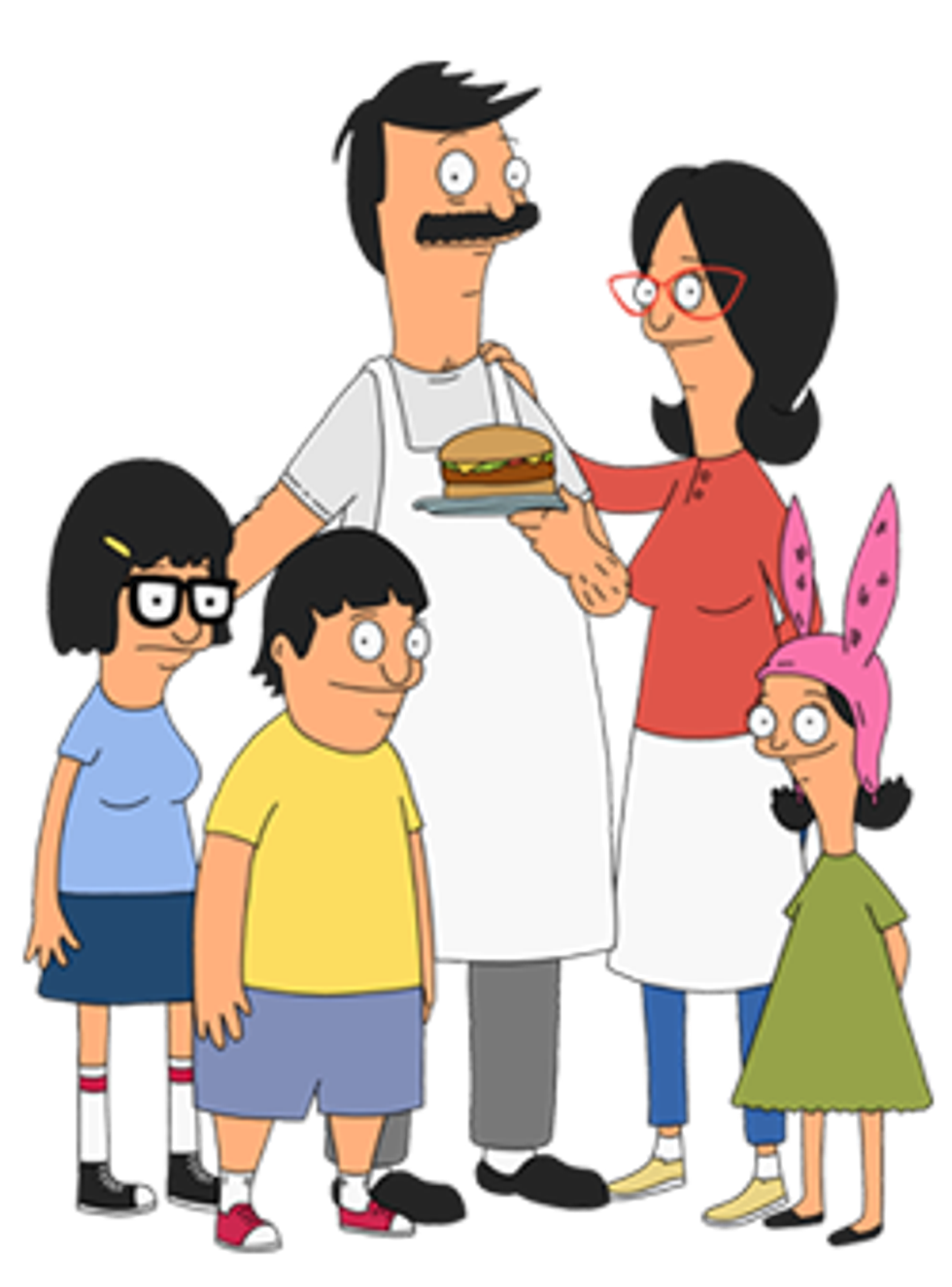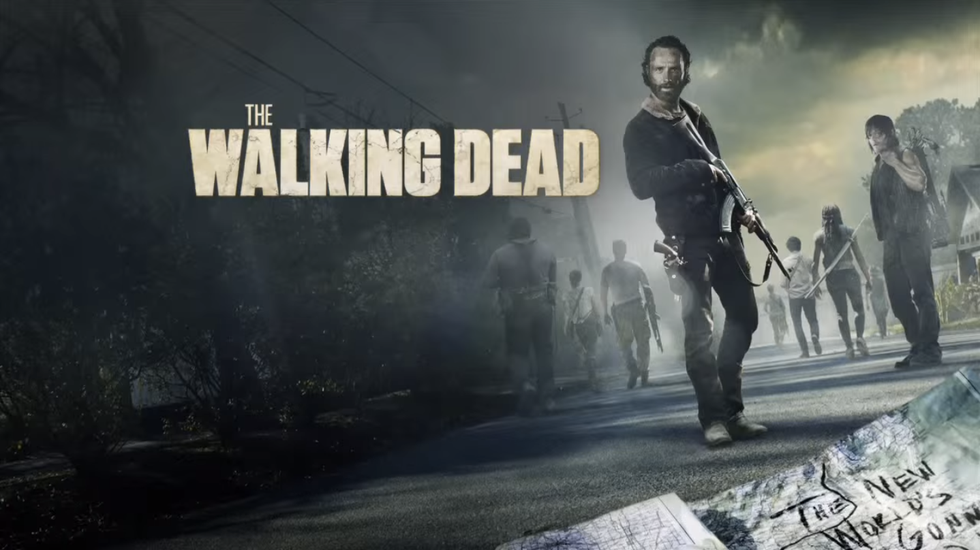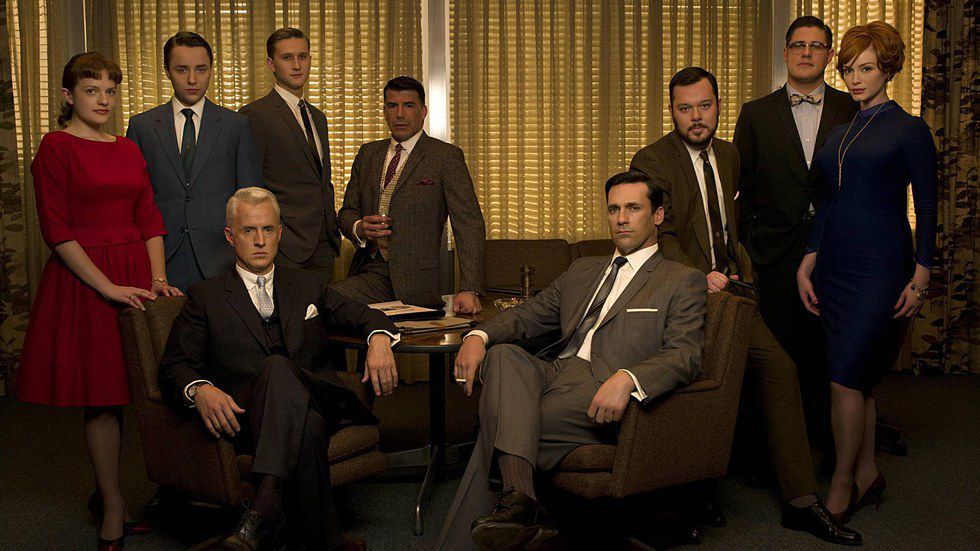Cancer is one word that can silence a room. Cancer is a word that elicits anxiety, dread, concern, sadness, anger, or a litany of other emotions. It's a powerful word. For some, it represents a deep fear. For others, it is a reminder of loss. For others still, it is simply another fact of life, a part of their daily vocabulary.
Throughout my childhood, my mom had cancer. She was diagnosed once when I was seven and my youngest sister was two. She was again diagnosed with a different type the summer before I started eighth grade, and again my freshman year of college. She's had multiple surgeries, undergone a year of chemotherapy, and more recently, completed immunotherapy treatment for metastatic melanoma. In the seemingly brief periods without surgeries and treatments, follow-up scans and doctors' appointments filled the time. I fall into the "cancer as a fact of life" category.
Going through round after round of cancer has certainly brought my family, especially my younger sisters and me, unique experiences and challenging yet valuable lessons. Hopefully, sharing some of the lessons I've learned as a child of a parent with cancer will give a sense of understanding to people who have had similar experiences as well as insight into the situation for others.
Lesson 1: Your parents are not invincible.
When you're a kid, there's this myth that your parents are like superheroes and nothing can hurt them. If you have a parent who becomes physically limited by an illness, particularly one as debilitating as cancer, it comes as a bit of a shock. After my mom's first chemo treatment of forty-five during my eighth-grade year, she stayed in bed all weekend. I remember asking my dad how long she would be like that, and his response of "a year" told me how hard it would be for her. Thankfully, none of the other weekly treatments were as bad as that first one, but cancer made me see that no one is untouchable.
Lesson 2: Step up.
When your parent is unable to take care of all the little details that used to be an assumed aspect of your everyday life, you have to grow up and handle them yourself. Whether that be extra chores, packing a school lunch for you and your siblings, or checking your elementary school sister's homework, you get some new responsibilities. You just adapt, and it becomes the new norm.
Lesson 3: Everyone knows your business.
Before I learned of my mom's second diagnosis, I had a friend come to me and tell me she was praying for my mom. I thanked her and asked why, and she informed me that my mother was on her church's prayer list. Over the following year, our family made it onto nearly every prayer list in every church or Bible study group in town. We became a cross-denominational prayer request. The prayers were certainly appreciated, but it took awhile to get used to the idea of strangers knowing all about the hardest part of your life.
Lesson 4: "How's your mom?" really means "Does your mom still have cancer?"
Even now, when people ask about my mom, I automatically go into an update of her medical condition. If I say, "She's doing well," it is instinctively followed by an "Oh, is she?" Um, yeah...if I say she's good, she's good. Don't seem so surprised that she's still kicking. Instead of saying such things, however, I explain that she had a scan so many weeks or months ago and that we'll see where things are at the next one. That's what people really want to know when they ask how your parent with cancer is doing.
Lesson 5: Often, attempts to keep cancer a private matter fail.
In eighth grade, I only told my closest friends about my mom's cancer. I attended a new school with few students, so everyone knew all about everyone else. I wanted to keep cancer private, but one day in Language Arts class, we had to write a mini "memoir" about our lives. The teacher promised not to share them with the class, so I included cancer. She went back on her promise and selected my paper first. She didn't share that it was mine, but other details gave away my authorship away right off. My face turned red, I felt hot, and my chest became heavy. I kept my head down and tried to fight back tears, feeling the class watching. Mine was the only paper read aloud that day. At the time, I was horrified. What I learned from this, though, is that I had no reason to be ashamed. I was embarrassed about the other students knowing my family's struggle, but I learned that overall, the other kids would treat me the same as before.
Lesson 6: People like to send dinners when someone is sick.
Dinners usually were casseroles or lasagna. Seriously, it's like cancer = casserole. Walking out to the driveway to help a woman you've met once unload her trunk full of dinner for your family is very awkward, but you smile and say thank you. I always felt embarrassed because I thought people assumed since my mom was sick we couldn't feed ourselves. I thought it was my job to keep up appearances, but I eventually learned that food is how people like to help. It makes them feel good to bring something practical, namely comfort food.
Lesson 7: Going bald isn't the worst thing; losing your hair and eyelashes is much worse.
My mom handled losing her hair from chemo well. She wasn't overly attached to it; she was never vain and she didn't spend hours fixing her hair daily, so she handled the loss of it like a champ. Her eyebrows though were a different story. Nobody looks right without eyebrows. Missing eyelashes were worse still, and before you think that she could just use fake ones, let me tell you a little fact about those-you need real eyelashes to stick them to. So there went that.
Lesson 8: Never EVER say the words "I know how you feel."
Of all the responses I've gotten from someone after telling them about my mom, this is by far the one I hate the most. It makes me want to scream, "No, no you don't!" People would compare my situation to theirs by telling me a story about a grandmother who had a foot surgery or a dog that died. Really, people, you're going to comfort me by telling me your dog died of cancer? Yikes. You never know what someone else's life is like completely; you never really know exactly how they feel, so don't try to compare your lives. While we kids of parents with cancer may not always know what to say to help someone in this situation, we know what not to say.
Lesson 9: Don't take a day with your loved ones for granted.
I have prayed for my mom more than anyone else in the world. I prayed every day for a long time that she would live to see various life milestones, and I still do. I see every day with her as a miracle. Statistically, she shouldn't still be here, but she is. I have learned that we have no idea what the future holds, so we must truly appreciate every single moment we have with the ones we love. I sure do.

